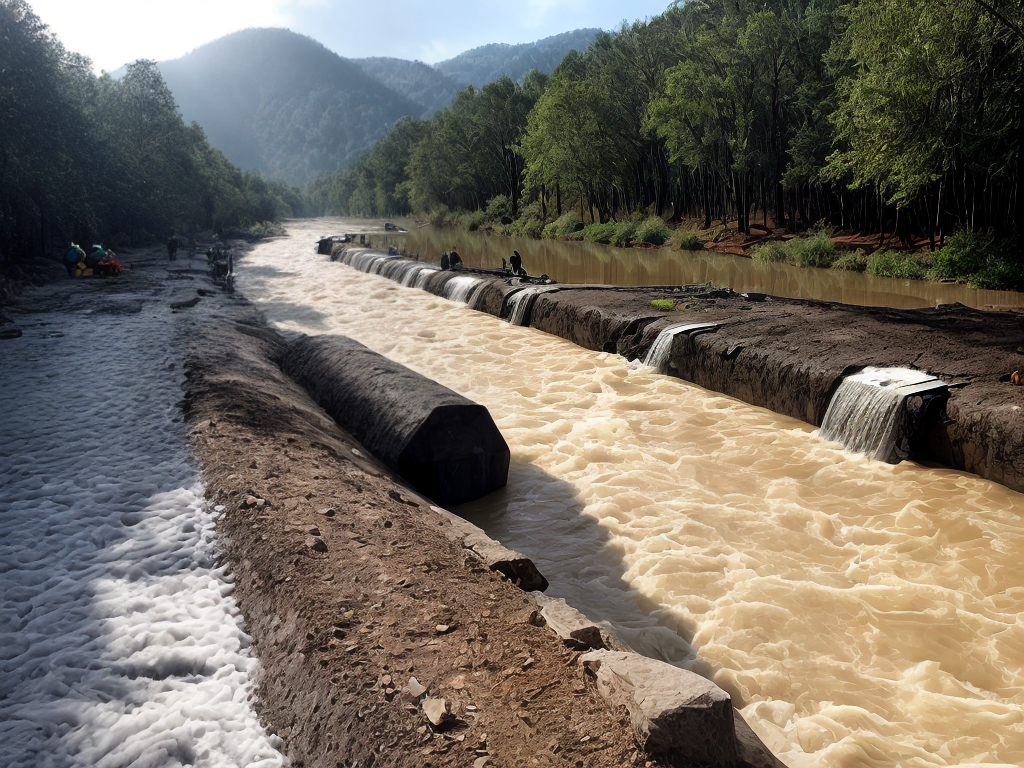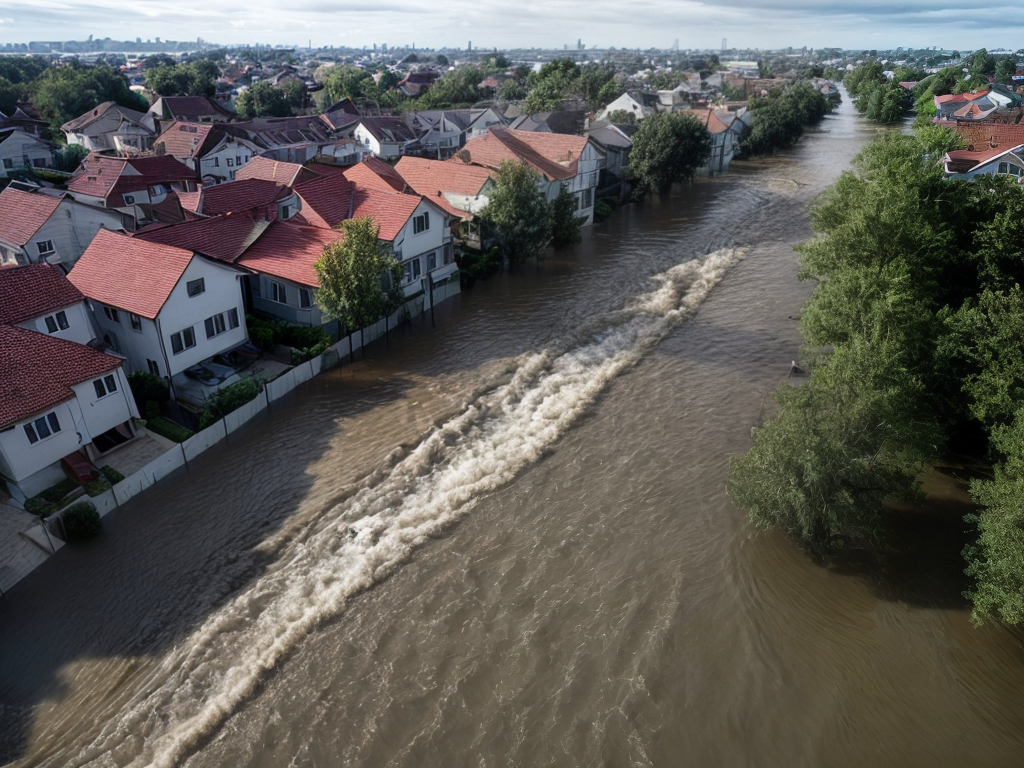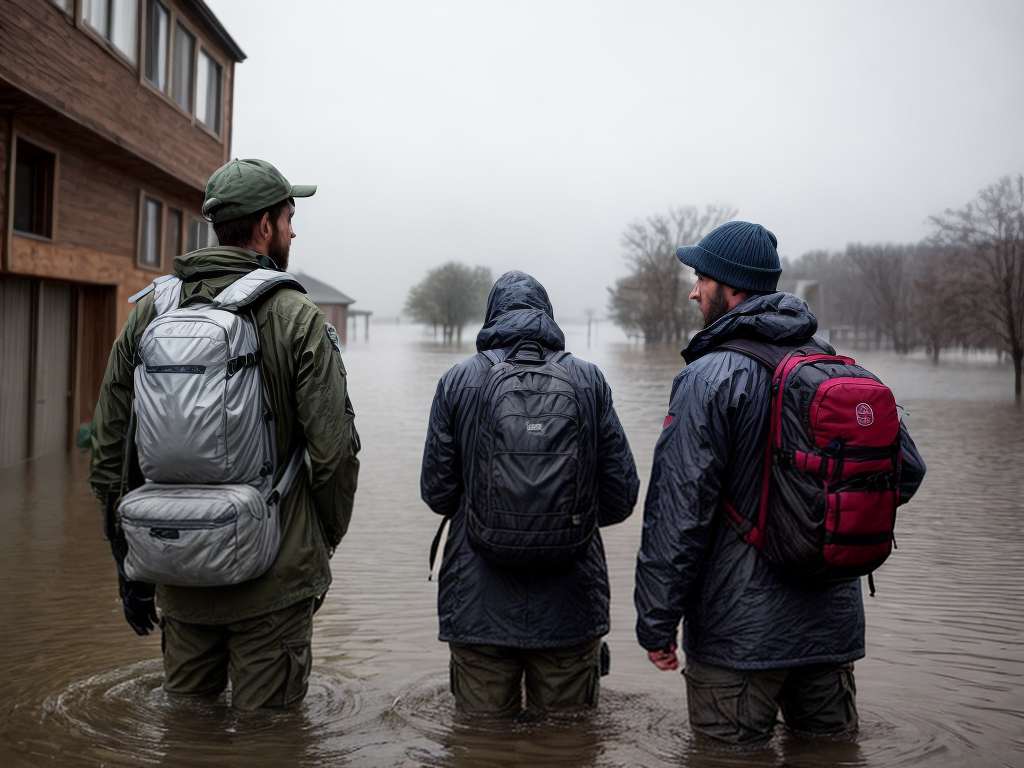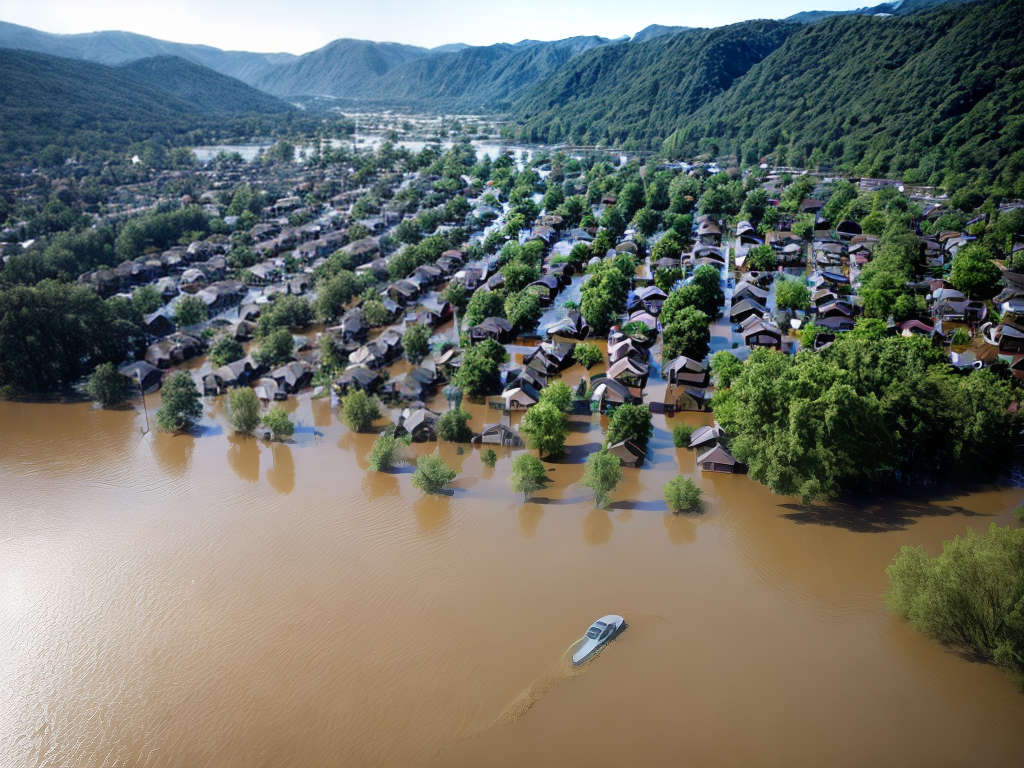Flooding is a natural disaster that affects millions of people worldwide, causing significant damage to infrastructure, homes, and livelihoods. In recent years, the frequency and intensity of floods have been on the rise due to climate change and urbanization. Adequate flood risk management is crucial to mitigate the devastating impacts of floods and protect communities. However, international policies often fail to address the true economic costs associated with inadequate flood risk management. In this article, we will explore the hidden costs of inadequate flood risk management and how international policies fall short in addressing these economic impacts.
Understanding the Economic Impacts of Floods
Floods can have far-reaching economic consequences, extending beyond immediate property damage. These costs can be categorized into direct and indirect impacts. Direct impacts include damage to buildings, infrastructure, and loss of agricultural production. Indirect impacts encompass the long-term economic effects, such as decreased property values, increased insurance premiums, and reduced business activities.
-
Direct Economic Costs
When floods strike, the immediate economic costs are evident. Homes and buildings are damaged or destroyed, resulting in significant financial losses for individuals and businesses. Infrastructure, including roads, bridges, and utilities, may also suffer extensive damage, requiring costly repairs or reconstruction. Additionally, floodwaters can devastate agricultural lands, leading to crop losses and decreased productivity.
The direct economic costs of floods can be staggering, with billions of dollars spent annually on recovery and rebuilding efforts. However, these costs only scratch the surface of the true economic impact of floods.
-
Indirect Economic Costs
Beyond the immediate aftermath, floods have long-term economic consequences that are often overlooked. One of the major indirect costs is the decrease in property values in flood-prone areas. Homes and businesses located in flood zones are perceived as higher risks, leading to decreased market demand and lower property prices. This not only affects property owners but also impacts local economies, as reduced property values translate into lower tax revenues for municipalities.
Another indirect economic cost is the increased insurance premiums for properties located in flood-prone areas. Insurance companies must account for the higher risk of flooding, leading to higher premiums for property owners. This places an additional financial burden on individuals and businesses, making it more challenging to recover and rebuild after a flood event.
Furthermore, floods can disrupt business activities and supply chains, leading to reduced production and revenue losses. Businesses located in flood-prone areas may experience interruptions in operations, damage to inventory, and loss of customers. These economic impacts can have long-lasting effects on local economies and the livelihoods of individuals.
Inadequate Flood Risk Management and International Policies
While the economic impacts of floods are clear, international policies often fail to adequately address these costs. Many policies focus primarily on short-term emergency response and recovery, neglecting the long-term economic consequences of floods. This lack of comprehensive flood risk management perpetuates a cycle of inadequate preparation and response, resulting in higher costs in the long run.
-
Lack of Investment in Prevention and Mitigation
One of the key shortcomings of international policies is the lack of investment in flood prevention and mitigation measures. Instead of proactively addressing the root causes of flooding, policies often prioritize post-disaster responses and recovery efforts. While these are essential, they do not effectively minimize the economic impacts of floods.
Adequate investment in flood prevention and mitigation measures, such as improved infrastructure, early warning systems, and land-use planning, can significantly reduce the economic costs associated with floods. However, without a strong focus on prevention, international policies fail to address the underlying issues and perpetuate the cycle of inadequate flood risk management.
-
Insufficient International Cooperation
Floods do not adhere to national borders, yet international cooperation in flood risk management remains limited. Many countries lack coordination and collaboration in sharing data, best practices, and resources to effectively manage flood risks. This fragmented approach hinders the ability to address the economic impacts of floods comprehensively.
International policies should emphasize the importance of cooperation and knowledge exchange among countries to improve flood risk management. By sharing experiences, expertise, and resources, countries can develop more effective strategies to mitigate the economic impacts of floods.
Conclusion
In conclusion, the economic impacts of floods are vast and go beyond immediate property damage. Inadequate flood risk management perpetuates these costs, with international policies failing to address the true economic impacts. The direct costs of floods, including damage to buildings and infrastructure, are only part of the picture. Indirect costs, such as decreased property values, increased insurance premiums, and reduced business activities, have long-term economic consequences.
To effectively address the economic impacts of floods, international policies must prioritize comprehensive flood risk management. This includes investing in prevention and mitigation measures, promoting international cooperation, and considering the long-term economic consequences of inadequate flood risk management. By addressing these hidden costs, we can better protect communities, minimize economic losses, and build more resilient societies.















